A spectacular James Bond exhibition opens on the brink of an Austrian precipice
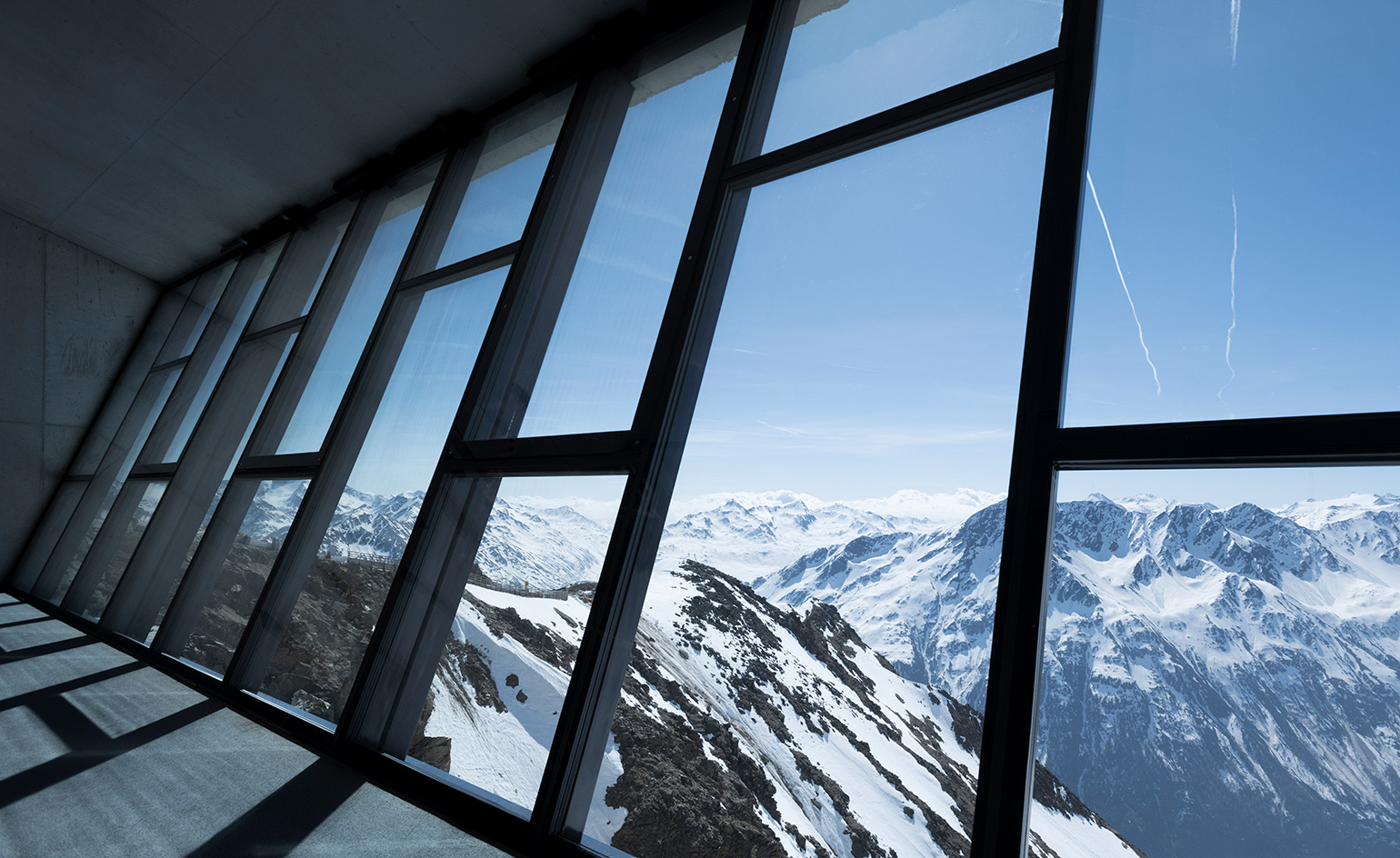
Receive our daily digest of inspiration, escapism and design stories from around the world direct to your inbox.
You are now subscribed
Your newsletter sign-up was successful
Want to add more newsletters?

Daily (Mon-Sun)
Daily Digest
Sign up for global news and reviews, a Wallpaper* take on architecture, design, art & culture, fashion & beauty, travel, tech, watches & jewellery and more.

Monthly, coming soon
The Rundown
A design-minded take on the world of style from Wallpaper* fashion features editor Jack Moss, from global runway shows to insider news and emerging trends.

Monthly, coming soon
The Design File
A closer look at the people and places shaping design, from inspiring interiors to exceptional products, in an expert edit by Wallpaper* global design director Hugo Macdonald.
For many ageing daydreamers, the ski slopes are one of the last refuges of flattering self-deceit. Where else can you imagine you are in hot pursuit (or being hotly pursued) as you make a spectacular, scything descent down through impressively cinematic scenery? Skiing, like a big budget spy film, is all about escapism. Alpine sequences have been a mainstay of the James Bond films since On Her Majesty's Secret Service in 1969 and the 24th film in the series, Spectre, upped the ante, with a carefully choreographed mountain chase involving a fleet of Range Rovers and a progressively more ragged aircraft, piloted by 007 himself. Shot over five weeks in and around the Austrian resort of Solden, it was one of the film’s centrepieces.
The chase is also the reason for the existence of 007 ELEMENTS, a new visitor attraction at the top of the Gaislachkogl mountain. The modest Austrian ski resort hit the location jackpot back in early 2014, when the newly opened ICE Q restaurant was chosen to play the role of Spectre’s Hoffler Klinik, location of a pivotal scene in the film. The restaurant’s owner, Jakob Falkner, is a scion of the family that runs the valley’s lifts and cable cars. Falkner made a canny deal with Eon Productions; come and film in Solden but allow me to open a dedicated 007 exhibition once filming is finished.
Cable cars are the crux of Solden’s economy, running up from the valley’s 2370m to the peak of Gaislachkogl at 3,040m. Envisaging the exhibit as an additional lure – especially in the snow-free summer months – Falkner enlisted the help of Hans Obermoser, the Innsbruck-based architect who designed the ICE Q and cable car station. They were joined by Neal Callow, the young art director who had overseen both Spectre and Skyfall. Callow had spent about four months in Solden back in 2014, first with the principle cast members then with the second unit, planning out the meticulous chase scene. ‘We didn’t want to do a traditional museum,’ Callow says, ‘we wanted to engage a new generation in both 007 and filmmaking in general.’
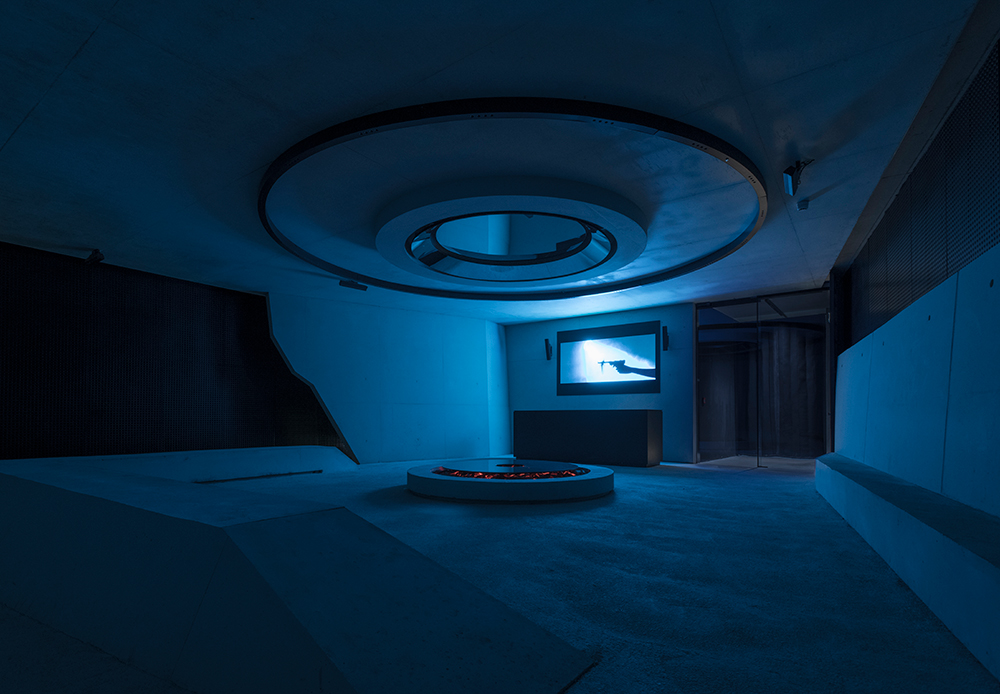
The lobby space
From the outset it was clear this would be no temporary space. Obermoser and Callow worked hand in hand with Tino Schaedler, Head of Design at the LA-based creative agency Optimist Inc, brought on board by Eon to handle the content. The result is ELEMENTS, a mountaintop installation that has emerged from a blizzard of concept sketches and the blending of film and reality.
ELEMENTS combines the drama and intrigue of a film set with the heft of a chunky concrete building, all set in a very challenging location. Construction took two years, waylaid by some unseasonably terrible weather and by the need to use a helicopter to deliver the last 200 cubic metres of concrete following a heavy September snowfall.
Some 2,700 cubic metres of concrete has been folded and buttressed against the mountain, with angular forms reminiscent of the perspective-defying sets of Ken Adam, the doyen of cinematic set design and the man who defined the architecture of Bond. The irony is that Adam wrought his lairs, bunkers, vaults, hangers and laboratories out of plywood and paint, whereas here Obermoser and his team have the real thing. Yet for all its evocation of Ando, the ELEMENTS structure is, by necessity, a piece of architectural artifice, using just as many bits of concealed construction and clever visual tricks as any film set. For a start, those monumental concrete walls are real, but they’re double layered, with a sizeable gap between the interior and outside walls to allow air to circulate in order to keep the temperature down low. Location spotters will also note that the ICE Q restaurant next door bears little resemblance to its film double; the building was cut, pasted and digitally recreated as a four-square, glassy clinic, where Bond first encounters Léa Seydoux’s Dr Madeleine Swann, before pursuing her abductors down the mountainside.
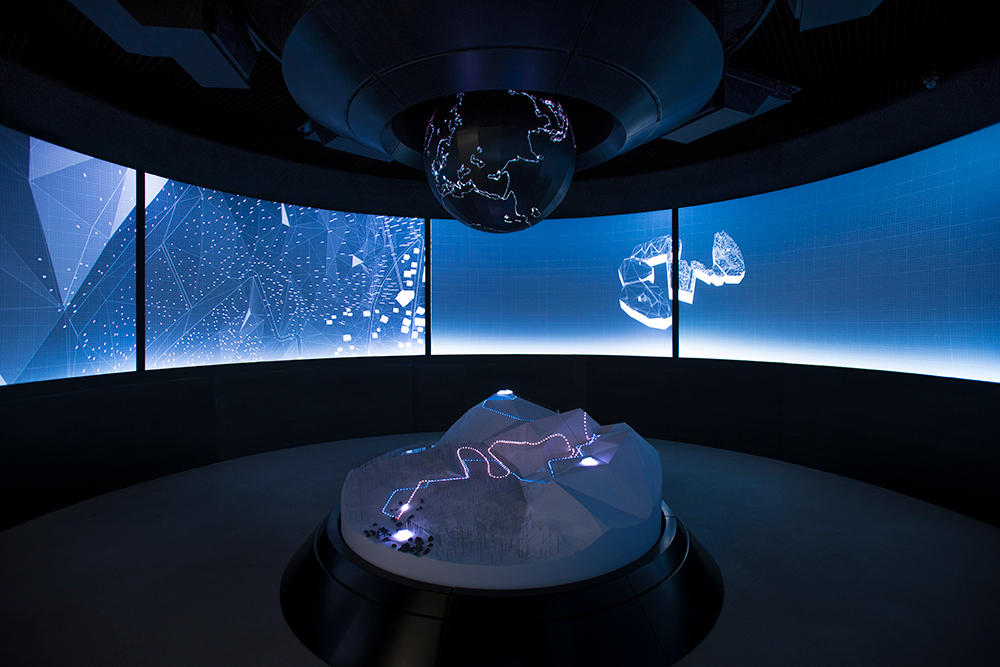
The briefing room
As one might expect, careful attention has been paid to the sequence of spaces. Divided into nine areas, concluding with the obligatory shop, each ‘room’ has an appropriately set-like title; ‘Barrel of the Gun,’ ‘Briefing Room’ and ‘Lair’. Just like a film, one moves along a carefully prescribed route through the building, with spectacular mountain vistas suddenly being revealed alongside displays and plenty of multimedia. The exhibits themselves are relatively light on content, relying heavily on the many millions that have been poured into the films over the decades. There’s an interactive section based loosely on Q’s wunderkammer of lethal devices but the majority of the 1,050 sq m exhibition space is devoted to an in-depth explanation of the Solden chase sequence. The building is unheated, lest it damage the permafrost that serves as its foundations. The visitor experience is therefore a breezy one, best undertaken in boots and ski gear before barrelling back down the mountain.
It’s the architecture of command and control, a brutalist baroque punched through the mountaintop. Just as Hogwarts is the steampunk fever dream of Victorian Gothic, ELEMENTS is Tadao Ando put through a Ken Adam Instagram filter. ‘What was unique about the project was the idea of architecture being carved into the location and creating a spatial sequence at the same time,’ Tino Schaedler explains, and the team has done an excellent job of recreating the chilly aura of Cold War fetishism and bunker chic.
Bond is at a crossroads. Dating back to 1962, it’s the longest running film series in the history of cinema. While Sam Mendes and Daniel Craig successfully sucked the more vaudevillian aspects of the character out and replaced it with a steely millennial seriousness, Bond’s casual streak of toxic masculinity is now chronically past its sell by date. His crises, as chronicled by the four Craig films, are increasingly played out before an audience that has no reason or desire to empathise with him. Eon is pinning its hopes on Danny Boyle being able to bring back the icy wit. For now, brand extensions like ELEMENTS will serve to keep Bond in the popular consciousness, playing up the undeniable thrills of the series’ big action set pieces. Perhaps Eon has been eyeing the massive empires established by the likes of Potter, Marvel and Star Wars, where Extended Universes exist to spawn billion-dollar grossing titles alongside toys, theme parks and other ‘experiences’. A spectacular set piece on a far-flung Austrian mountain might not seem a natural spot for a theme park, but to the credit of the architects and designers, ELEMENTS captures the films’ brooding feel. Will this concrete outcrop outlive the legend of the character it celebrates?
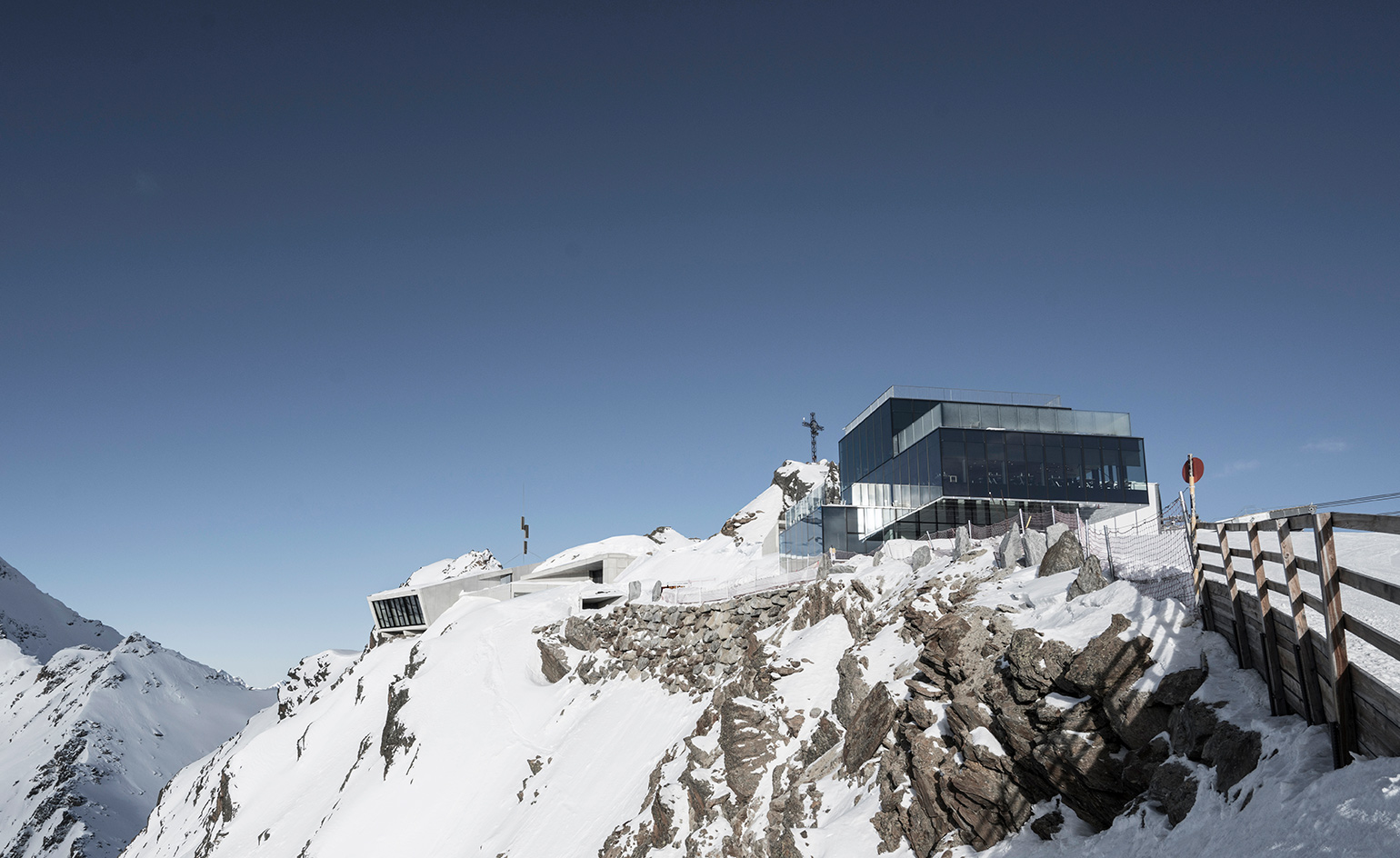
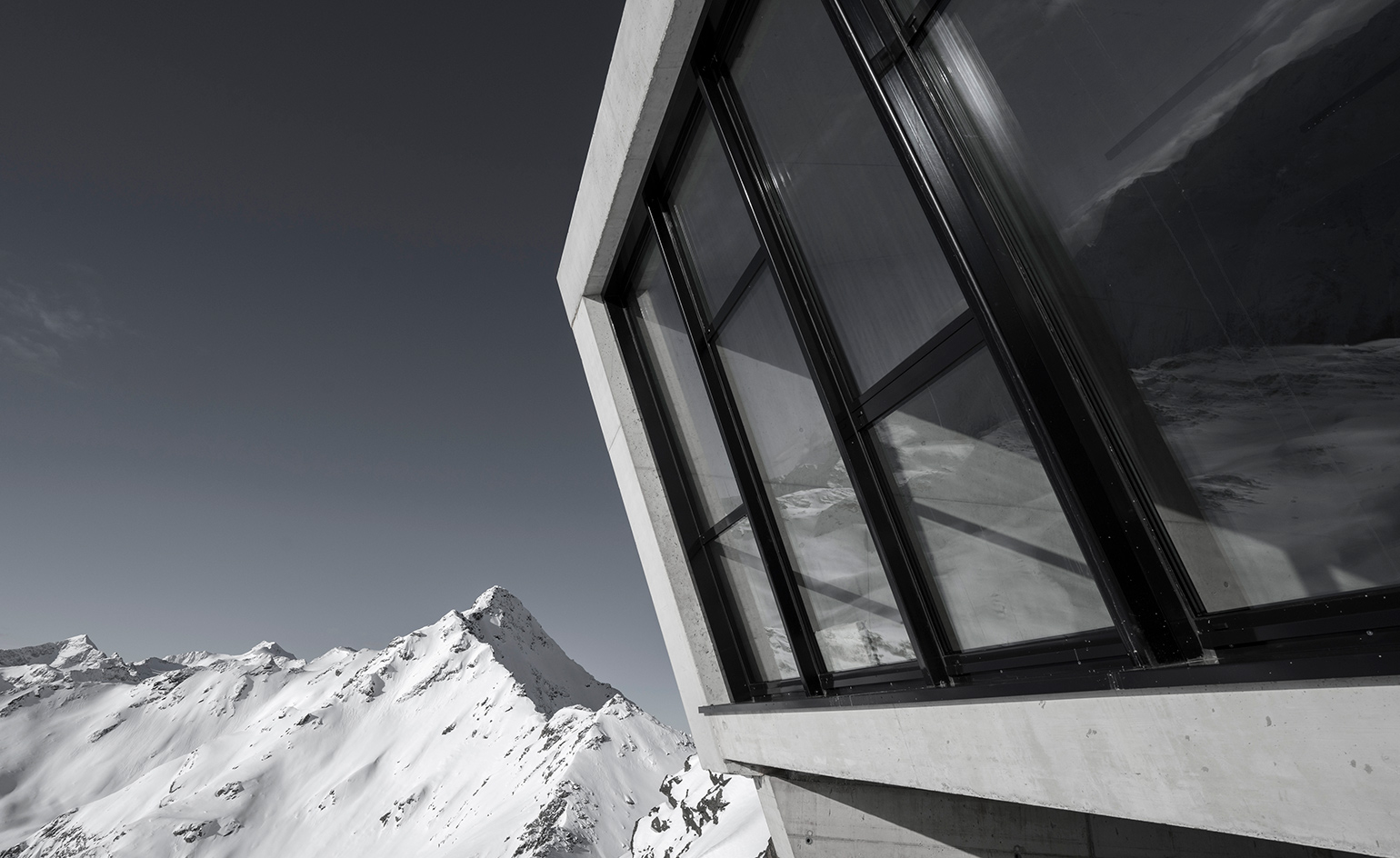
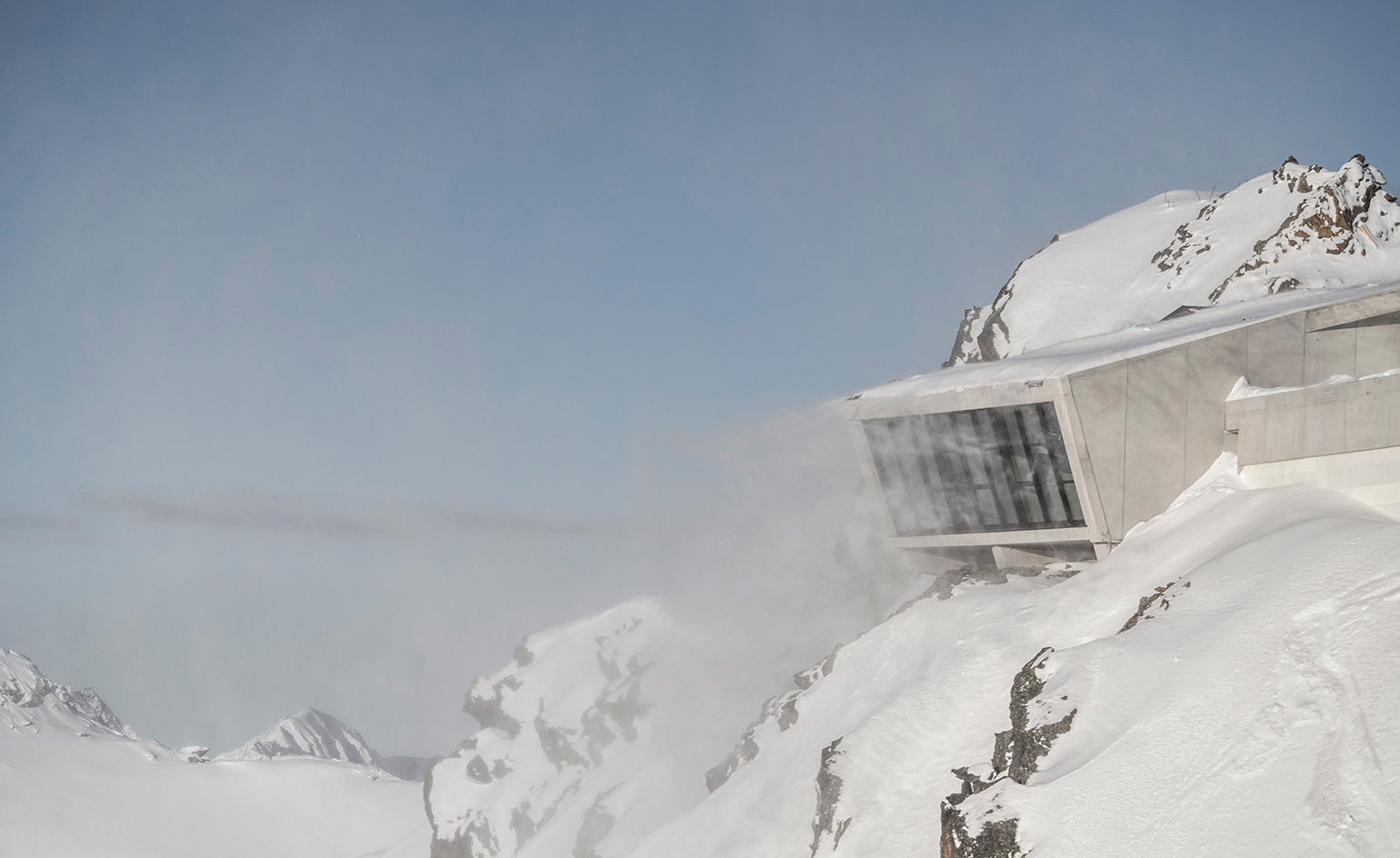
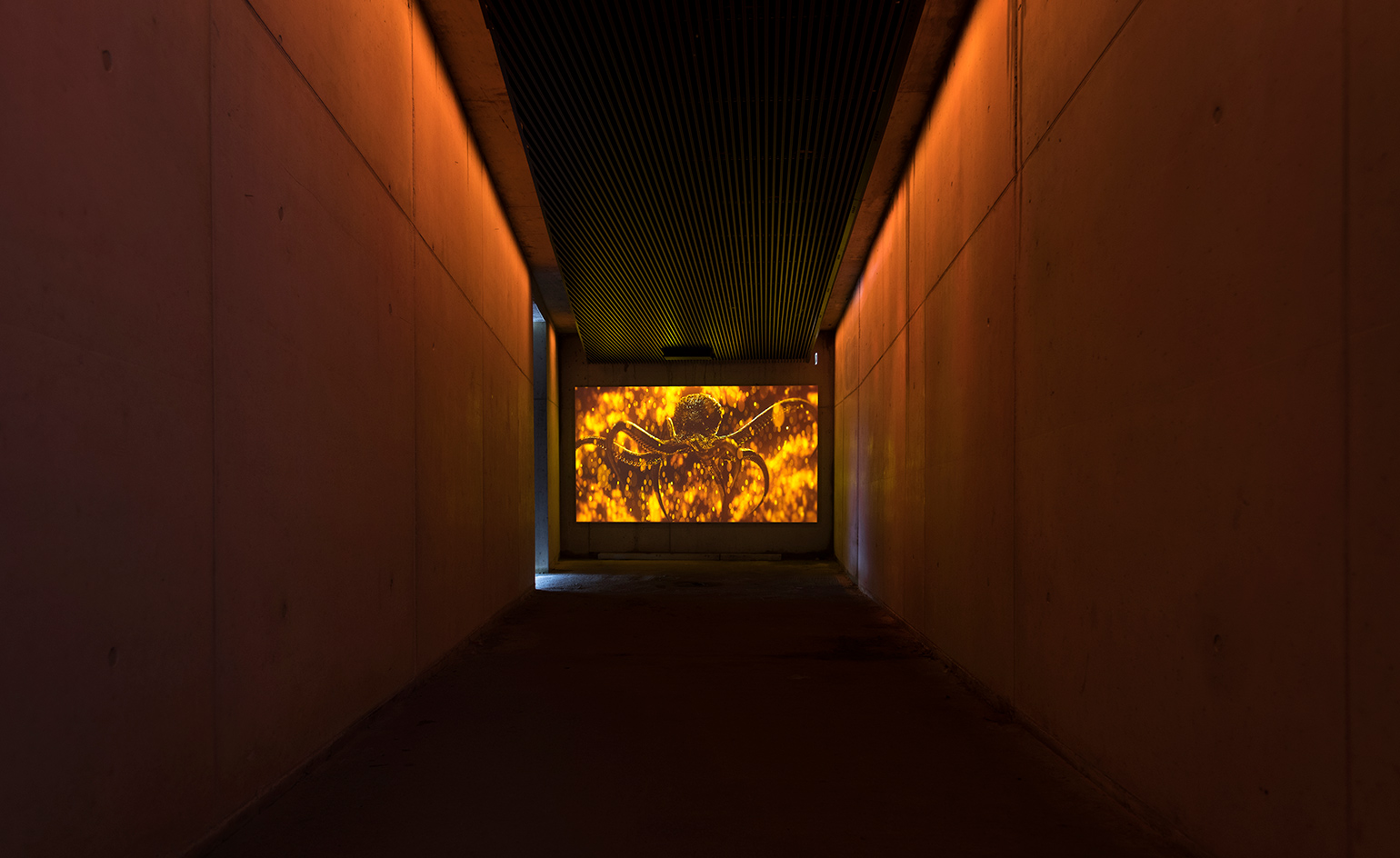
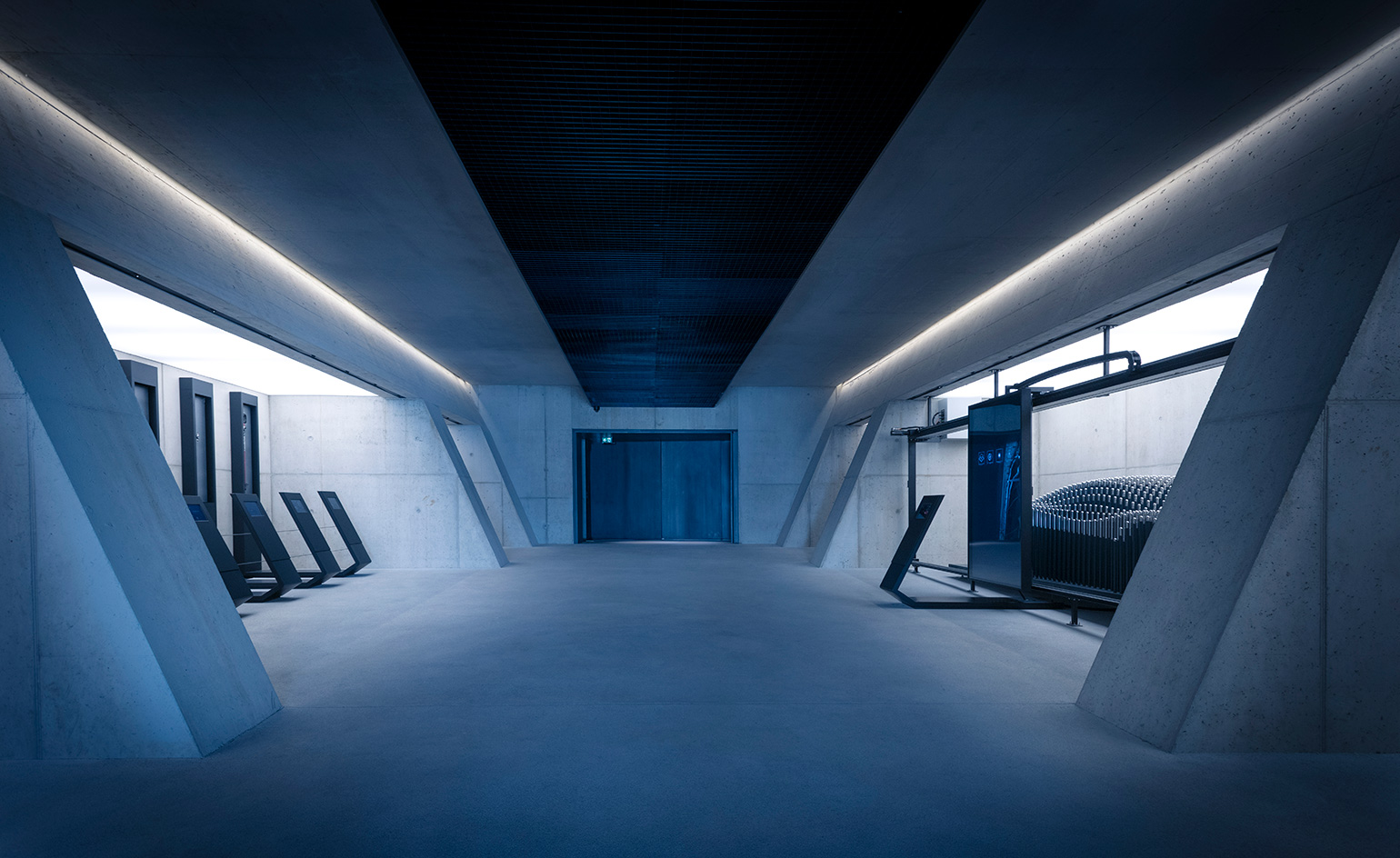
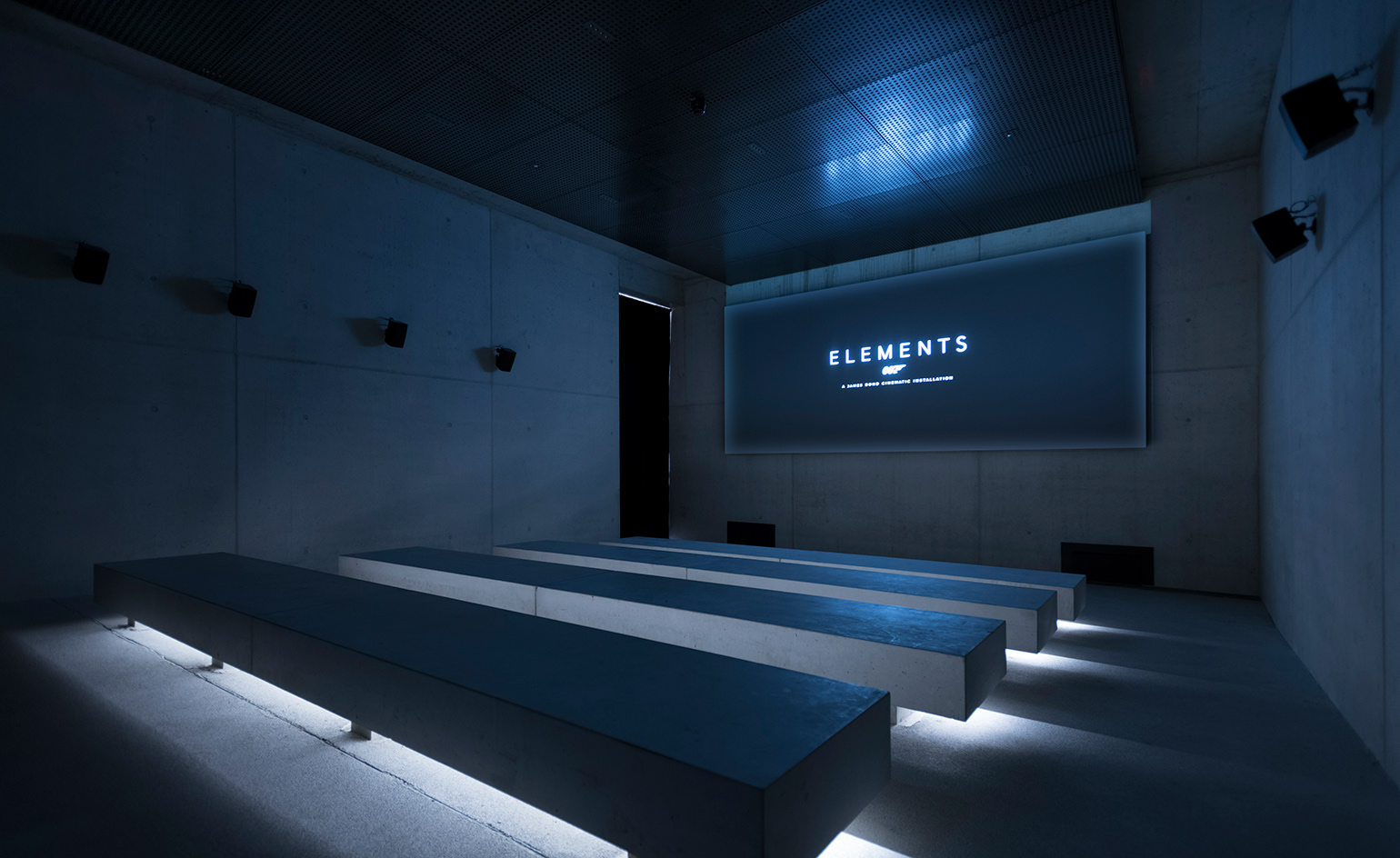
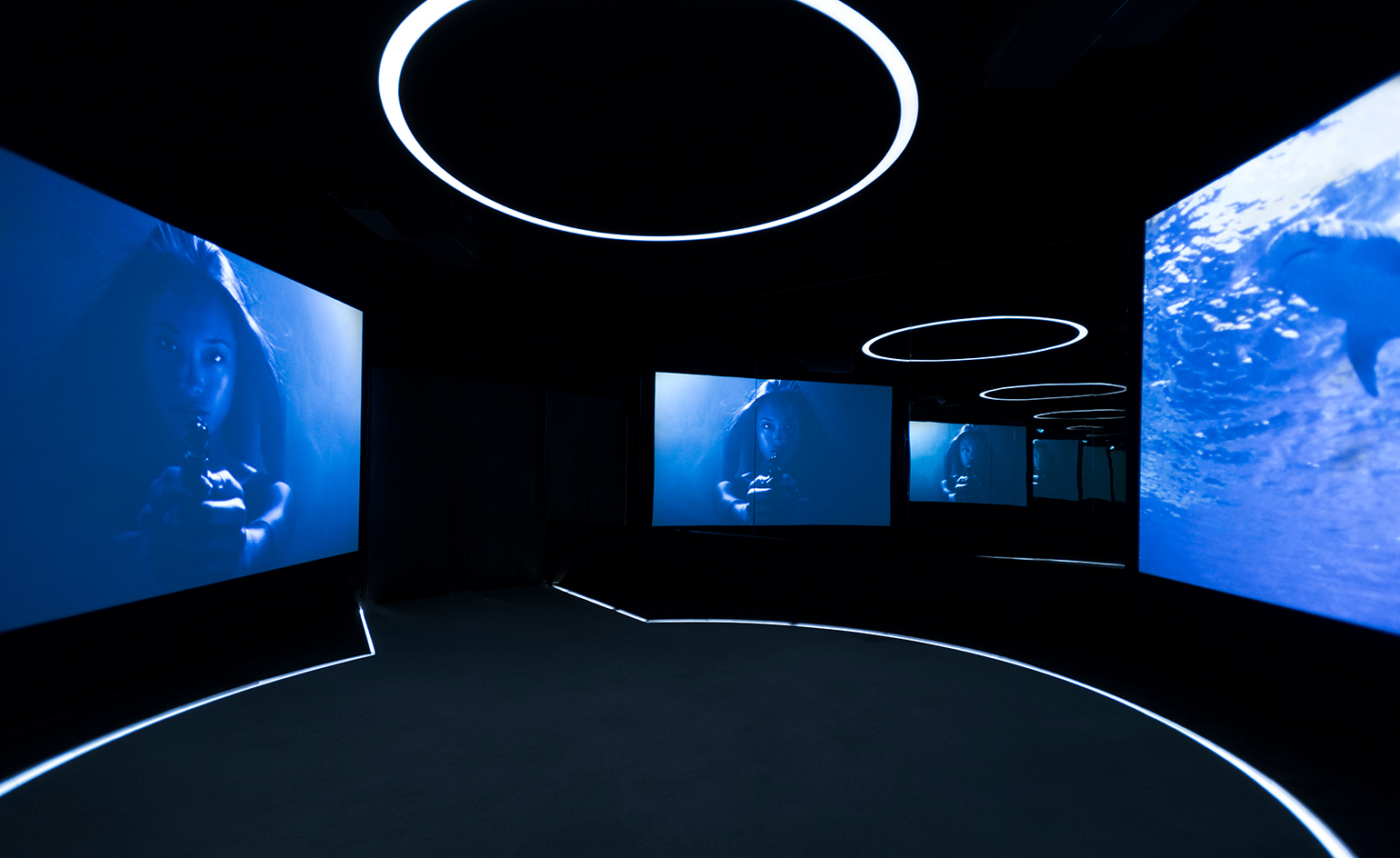
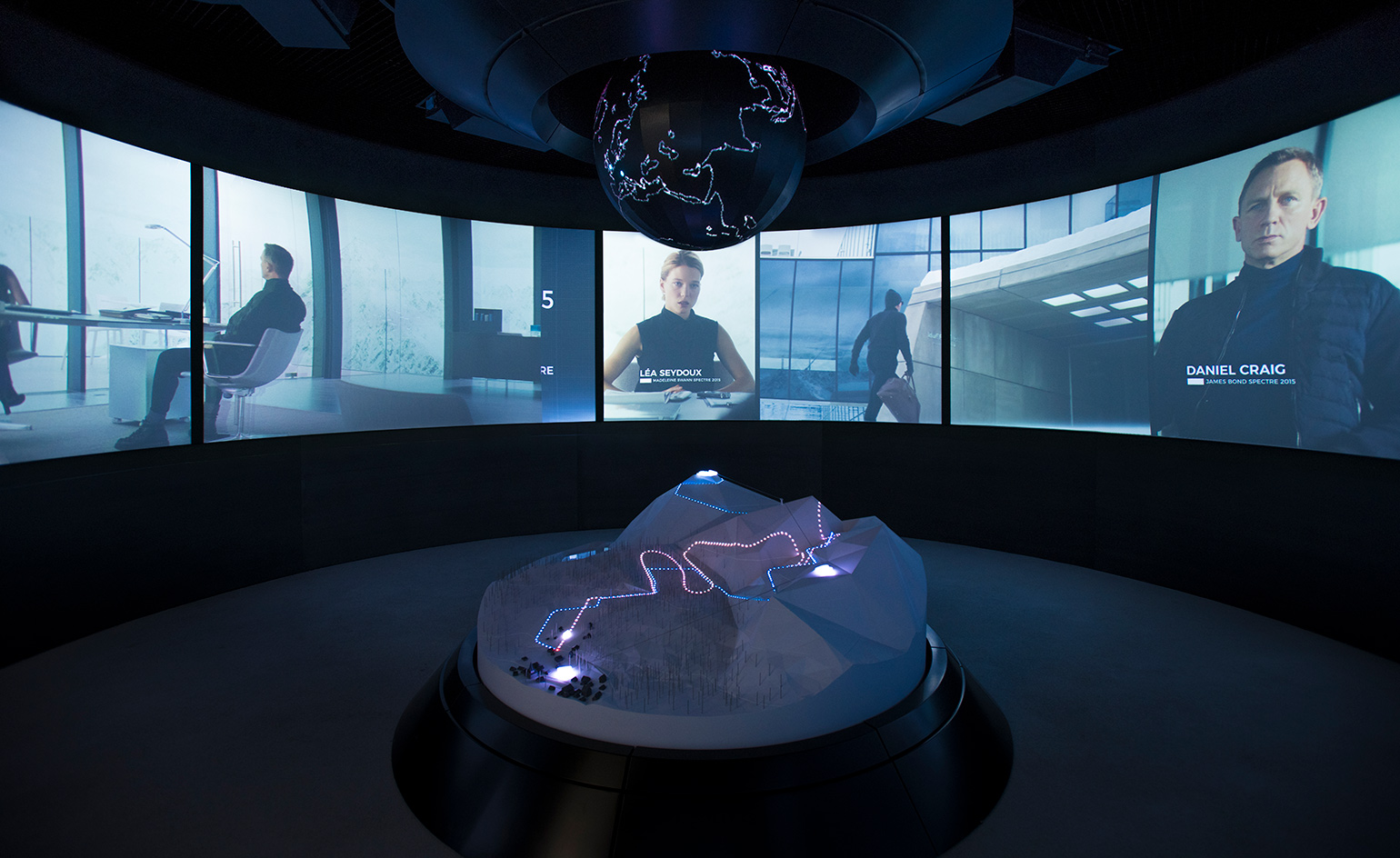
INFORMATION
007 Elements opens on 12 July. For more information, visit the Sölden website
Receive our daily digest of inspiration, escapism and design stories from around the world direct to your inbox.
Jonathan Bell has written for Wallpaper* magazine since 1999, covering everything from architecture and transport design to books, tech and graphic design. He is now the magazine’s Transport and Technology Editor. Jonathan has written and edited 15 books, including Concept Car Design, 21st Century House, and The New Modern House. He is also the host of Wallpaper’s first podcast.